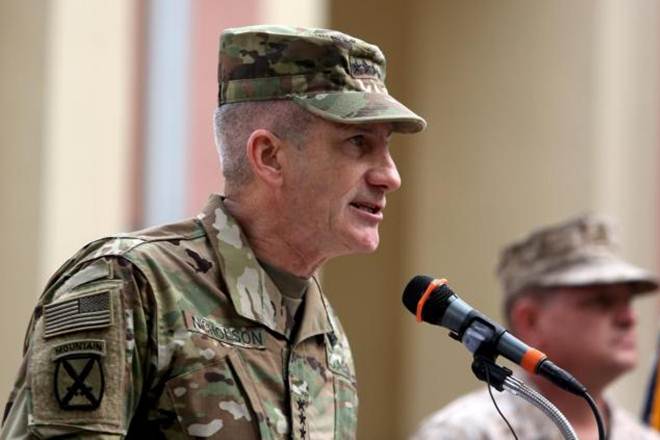
US NSA’s visit to South Asia: Implications for India
The recent visit of the newly appointed US National Security Adviser, General McMaster, to South Asia was the first high-level visit by a senior figure in the Trump administration to the region. The Trump administration’s regional priorities has been reflected in the pattern of high-level visits in recent weeks: Vice President Pence has visited South Korea, Japan, Indonesia and Australia; US Defence Secretary, having visited Japan and South Korea, is currently visiting Saudi Arabia, Qatar, Israel, Egypt and Djibouti whilst Secretary of State Rex W. Tillerson, having visited Japan, South Korea and China, went on to visit Western Europe and Russia.
Following the meeting between him and the Army Chief, the Pakistan military’s press release, in an apparent reference to his Kabul interview, stated, “Pakistan itself a victim of state sponsored terrorism, strongly rejects allegations of employing proxies from its soil. US NSA acknowledged Pakistan Army’s efforts in eliminating terrorism and infrastructure, assuring US support to bring peace and stability in the region and globally.” The Pakistan Army’s officially released video clip of the meeting shows a tense atmosphere at this meeting.
The shifting geopolitics in Southwest Asia could be behind the terse public messaging on the part of the Pakistan military. It could also be their calculation that an increased number of US troops in Afghanistan would imply greater US dependence on the supply routes via Pakistan; the tense relations with Russia might also mean increased difficulty in using the alternate northern supply route. The use of the largest non-nuclear bomb in the adjacent Nangarhar province against the ‘Wilayet-e-Khorasan’ terrorists was a signal not just to Russia but also to Pakistan because of their hostility to the latter. The Congressional requests for funding for Pakistan by the present administration have not shown any reduction from the previous years although the president has the authority to withhold funding if Pakistan does not cooperate in cracking down on terrorists inimical to US operations in Afghanistan.
Read More

